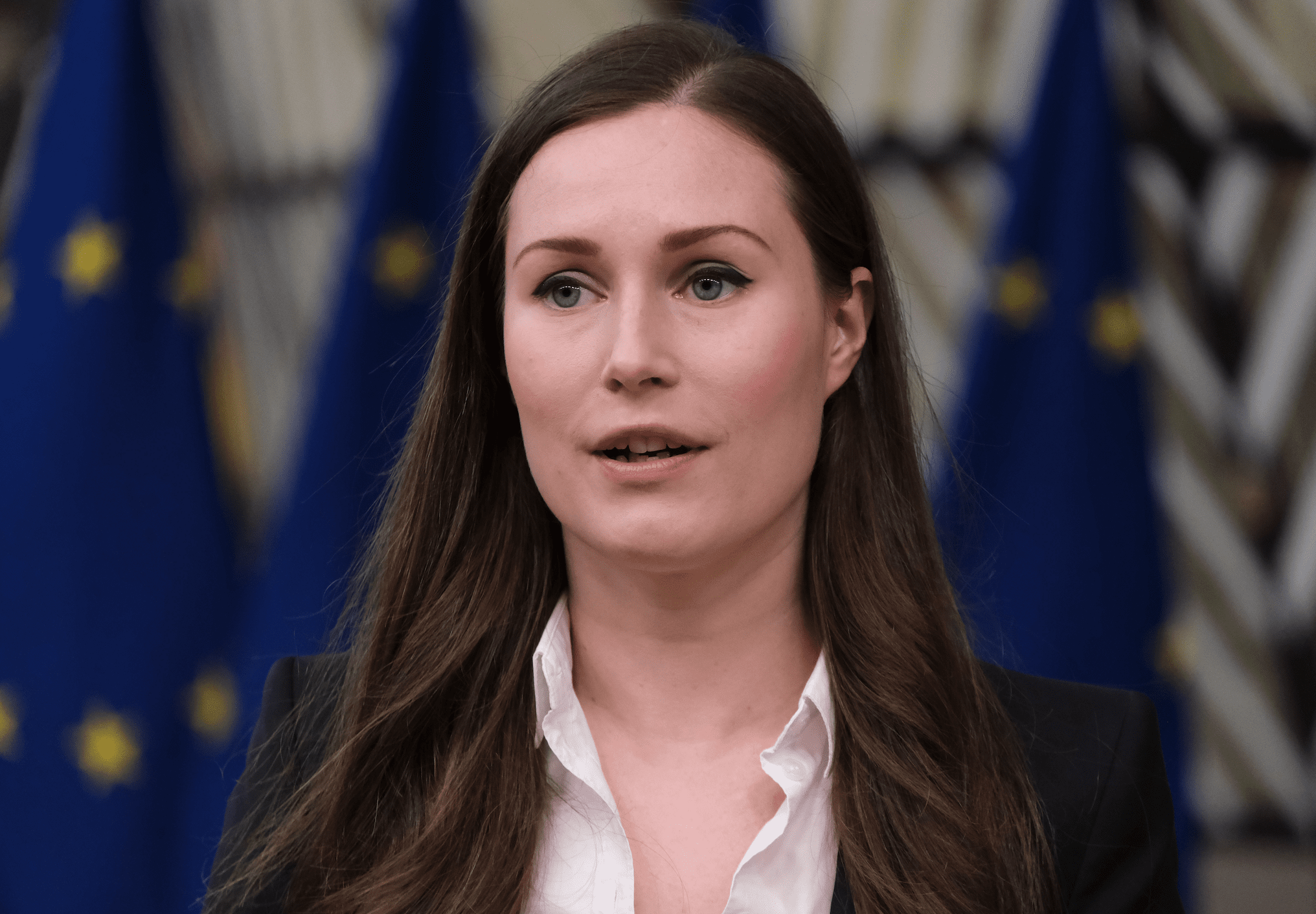No products in the cart.

Following the lead of its Scandinavian neighbor Denmark, the Finnish government, presently led by a coalition of left-wing parties, announced this week that it would be scrapping all COVID-19 measures within the month, making it the third country in the European Union to begin the process of ending pandemic restrictions.
While speaking with members of the Finnish press on Monday, just days after the world entered its third year of the pandemic, Prime Minister Sanna Marin (SDP) announced that her government would end all COVID-19 restrictions by mid-February, adding that some restrictions—like those imposed on restaurants and internal Schengen border controls—would end on Tuesday, the state-run broadcaster Yle reports.
Intra-Schengen state border controls—which had been in place since the spring of 2021—and measures that required restaurants to close at 6 pm both ended on Tuesday. Now, restaurants are permitted to remain open until 9 pm, while alcohol can be served until 8 pm. Furthermore, restaurant owners will be able to choose whether or not COVID-19 passes are required to enter their establishments.
Measures requiring bars to close at 6 pm and stop serving alcohol at 5 pm will stay in place until February 14th, when bars and restaurants will be allowed to remain open until midnight. In the next phase of ‘reopening’, which begins on March 1st, restrictions on closing times will be abolished so that nightclubs can remain open as well.
For the time being, those traveling to Finland from outside the European Union—except for Finnish citizens or permanent residents—are still required to present a vaccine certificate or proof of recovery within the last six months in addition to a negative test that’s less than three days old
This week will also see public gyms, swimming pools, and other indoor facilities reopen their doors to the public. Additionally, public events and general meetings of up 50 people can now be held indoors.
Speaking on the gradual lifting of restrictions, Mika Valtonen, Chief Physician of the Intensive Care Unit of Turku University Hospital, said: “The coronavirus restrictions must and are in good agreement to be abandoned gradually. But we need to keep some kind of composure here.”
Valtonen urged the government to keep a close eye on the situation, noting that 46 coronary patients remain in intensive care, nearly 20% of Finland’s intensive care capacity
Finland’s decision to begin scrapping COVID-19 restrictions comes shortly after similar resolutions to do away with mask mandates, ‘health pass’ requirements, and other measures were adopted by Denmark, Ireland, and the United Kingdom.
On the heels of the Finnish prime minister’s announcement, Norwegian prime minister Jonas Gahr Støre issued a statement that his country would also begin easing COVID-19 restrictions saying: “Today we have finally reached the point at which we can remove many of the anti-infection measures we have lived with this winter.”